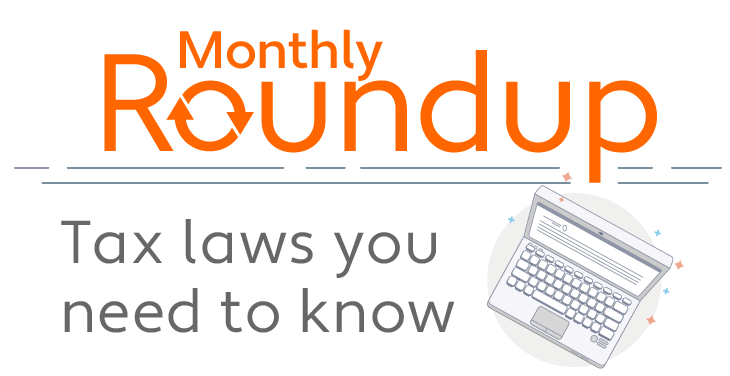It’s time to renew your Arizona TPT license
All businesses that have an Arizona Transaction Privilege Tax* (TPT) license must renew it by the end of the year because TPT licenses are valid for one calendar year only. Failure to renew the license by January 1, 2020, will lead to penalties, late fees, or both.
The renewal requirement even applies to licenses that were renewed or obtained sometime after January 1, 2019, as all TPT licenses set to expire on December 31.
It’s best for businesses to renew their TPT license online through AZTaxes.gov, and online license renewal is required for businesses with more than one location. Paper renewals are still available for companies with only one location in Arizona, though the Arizona Department of Revenue “strongly encourages taxpayers to enroll, file, and pay online.”
There’s no fee to renew a license at the state level, although first-time TPT licenses cost $12 plus applicable city fees. Local jurisdictions cannot charge more than $50 for a license.
License renewal for out-of-state businesses
In addition to in-state companies, businesses with no physical presence in Arizona may also need to obtain or renew an Arizona TPT license by January 1, 2020.
Arizona has enforced economic nexus since October 1, 2019: Remote retailers that have a certain volume in sales in Arizona are required to register with the Arizona Department of Revenue and obtain a TPT license.
To ease remote sellers into collection, Arizona’s economic nexus threshold is being reduced over a three-year period. Remote sellers must obtain a TPT license if the following thresholds were met in the previous or current calendar year:
- $200,000 (2019)
- $150,000 (2020)
- $100,000 (2021 and beyond)
Having multiple thresholds could be confusing. It works as follows:
- A remote seller must register in 2019 if it has more than $200,000 in direct Arizona sales during 2018 or 2019.
- A remote seller must register in 2020 if it has more than $150,000 in direct Arizona sales during 2019 or 2020.
- A remote seller must register in 2021 if it has more than $100,000 in direct Arizona sales during 2020 or 2021. The same is true in subsequent years.
Thus, a remote retailer with $175,000 in gross sales in Arizona wouldn’t have to register in 2019 but would have to register and comply with TPT requirements starting January 1, 2020. Additional details are available from the Arizona Department of Revenue.
License renewal for out-of-state marketplaces
Remote marketplace facilitators don’t get the same decreasing threshold. As of October 1, 2019, marketplace facilitators with at least $100,000 in direct or third-party sales in Arizona in the current or previous calendar year are required to collect and remit TPT on behalf of their third-party sellers.
The marketplace facilitator registration requirement can impact the registration requirements of remote marketplace sellers. Those that sell only through a registered marketplace that collects and remits TPT on their behalf are not required to register with the Arizona Department of Revenue. Sellers must register only if their direct sales into Arizona exceed the economic nexus threshold.
For additional details about Arizona’s requirements for remote sellers and marketplaces, check out Avalara’s state-by-state guide to economic nexus laws, state-by-state guide to marketplace facilitator laws, and state-by-state registration requirements for marketplace sellers.
To learn about registration requirements in other states, read Sales tax permits, a state-by-state guide.
*Arizona Transaction Privilege Tax functions much like a sales tax but is actually a tax on vendors for the privilege of doing business in the state.

The Avalara Tax Changes midyear update is here
Trusted by professionals, this valuable resource simplifies complex topics with clarity and insight.
Stay up to date
Sign up for our free newsletter and stay up to date with the latest tax news.













